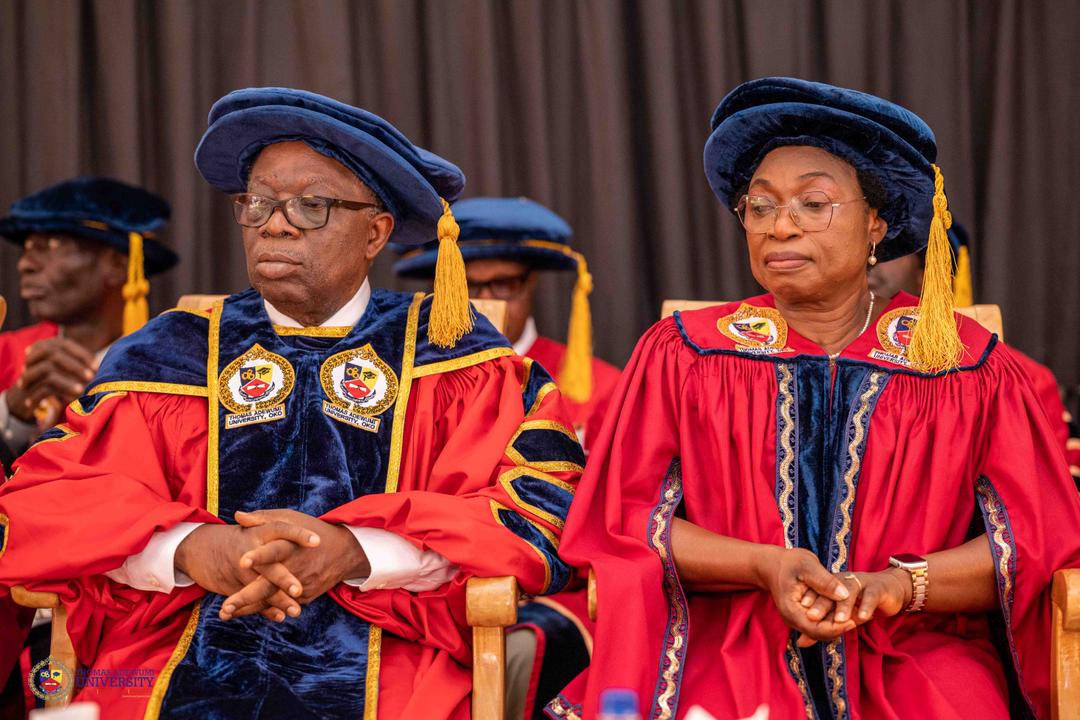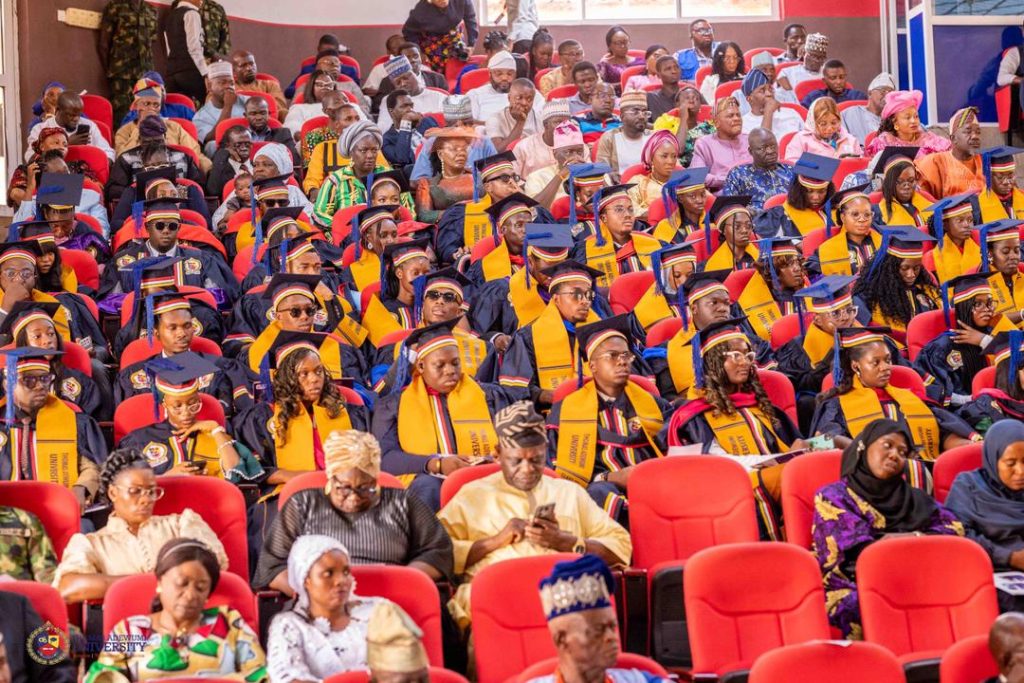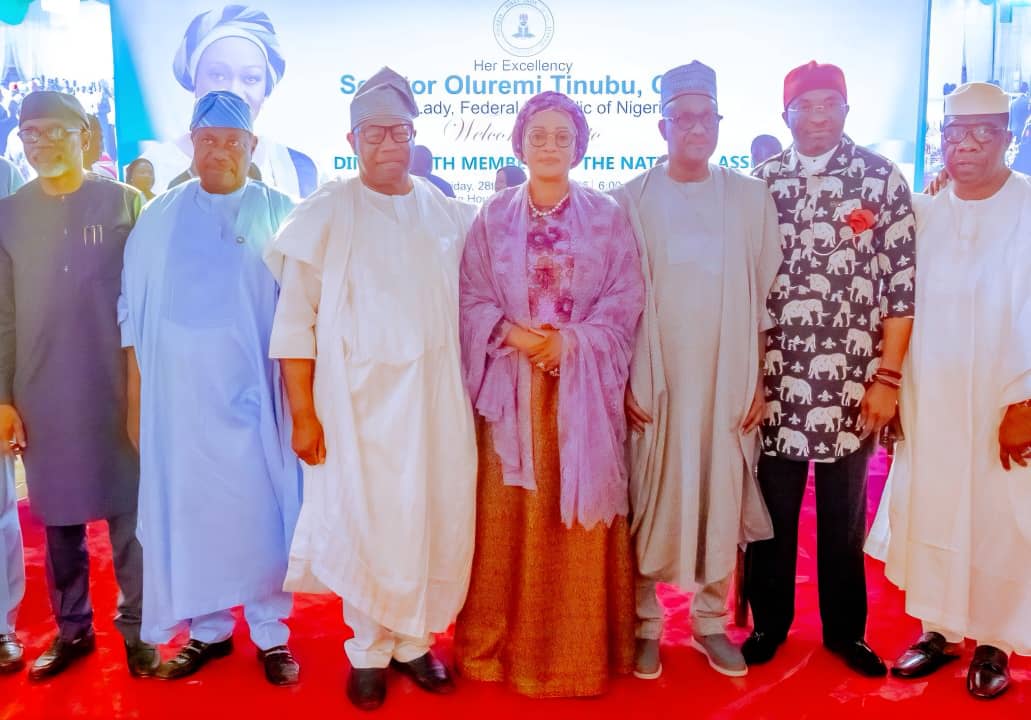Uncategorized
China National Archives of Publications and Culture tells stories of civilization exchanges
By Liu Chengyong
In the long course of human history, many civilizations emerged. Some faded away with the passage of time, and some endured despite twists and turns.
Chinese civilization has remained uninterrupted for thousands of years, only growing more vibrant as time passes. This would not have been possible without the collection, preservation and passing down of classics and publications.
Oracle bones, pottery symbols, bronze inscriptions, stone carvings, seals, bamboo and wooden slips, woodblock printing, rubbings, ancient books, chorography, maps – these artifacts record the marks of Chinese civilization, character symbols, and cultural context. They are the creators of the Chinese civilization and witnesses to the Chinese history.
Today, these cultural treasures of the Chinese nation are preserved and presented at the China National Archives of Publications and Culture, which comprises headquarter in Beijing and branches in Xi’an, Hangzhou and Guangzhou. They strengthen the bridge of mutual learning between China and civilizations worldwide.
Boasting a rich and valuable collection, the China National Archives of Publications and Culture is dubbed as a cultural gene bank of the Chinese nation. It collects nearly 24 million precious copies and editions of various publications and gathers almost 500 million data entries, with 24 million open to the public.
Like a time tunnel, the editions and copies archived tell the stories of exchanges and mutual learning among human civilizations, such as the journey of Zhang Qian, a royal envoy in China’s Han Dynasty (202BC-220AD), to the Western regions via Central Asia, which eventually led to the opening of the ancient Silk Road, the “Journey to the West” by Tang Dynasty Buddhist monk Xuanzang (618-907), the story of Tang Dynasty monk Jianzhen who brought Buddhism to Japan, and the legendary voyage to Southeast Asia, South Asia, West Asia, and East Africa by Chinese navigator Zheng He of the Ming Dynasty (1368-1644).
They record the extraordinary journeys of different civilizations, from their initial encounters to the exchanges and mutual learning that developed between them across various historical stages.
During the Southern Song Dynasty (1127-1279), China was a leading country in terms of navigation technologies. A green-glazed bowl with Chinese character Ji exhibited at the headquarter of the China National Archives of Publications and Culture was salvaged from the Shipwreck Huaguangjiao No.1 of the Southern Song Dynasty.
In Chinese, Ji symbolizes the Chinese people’s longing for an auspicious and peaceful life. This relic mirrors the demeanor of ancient Chinese sailing afar and pioneering outward on the Maritime Silk Road hundreds of years ago.
The archives gathers a wealth of other valuable items that witness the history of cultural exchanges. These include a Song Dynasty (960-1279) edition of the Great Tang Records on the Western Regions, which chronicles Xuanzang’s journey along the ancientSilk Road. Also featured is a copy of the original 1688 French publication of “An Introduction to The Analects of Confucius.” This work marked the first communication of Confucian thought in French, and was a national gift to Chinese President Xi Jinping from his French counterpart Emmanuel Macron in 2019.
Two “cultural exchange day” events were recently held at the China National Archives of Publications and Culture, which were joined by 88 sinologists from some 60 countries as well as over 30 foreign experts of culture, museum studies and publishing.
They were amazed by the infrastructure construction, high-quality exhibitions and displays, and the tremendous cultural treasures of the China National Archives of Publications and Culture. They also expressed their hope to strengthen communication with the archives and jointly promote the inheritance and preservation of Chinese classics and materials overseas.
With a focus on its core mission of collection, the China National Archives of Publications and Culture reaches out to the grassroots, general public, and overseas to comprehensively advance surveys, investigations, and acquisitions.
Adhering to the principles of collecting everything that should be collected, and preserving everything that should be preserved, it brings together Chinese classics and materials scattered across the country, circulating among the people, and lost overseas. It strives to include editions embodying the outstanding cultural achievements of human civilization, gathering strength for advancing human development and progress.
Different nations and civilizations are rich in diversity and have their own distinct features. No one is superior or inferior to others. Based on its diverse collection, the China National Archives of Publications and Culture strengthens mutual learning among civilizations, builds communication mechanisms and dialogue platforms for cultural exchanges, carries out international cultural exchange and people-to-people communication activities, and gathers domestic and foreign experts to launch theoretical and practical studies of bibliography.
At the same time, assisted by technology, industry and art, the archives actively innovates communication and promotion approaches, explores to establish multidimensional cultural communication paths, and works to realize the expression of bibliography in diverse forms. It excavates and presents the Chinese culture, vividly tells the historical and cultural stories behind Chinese classics and materials, and displays and disseminates the beauty of civilization and the splendor of culture.
(Liu Chengyong is the director of the China National Archives of Publications and Culture.)
Uncategorized
TAU reaffirms commitment to globally competitive learning

- As 16 graduands make First Class
Stephen Olufemi Oni, Ilorin
The Thomas Adewumi University (TAU), Oko-Irese, in the Irepodun local government area of Kwara State, has reaffirmed its commitment to strengthening quality education, innovation, and globally competitive learning.

Speaking at the institution’s 2nd Convocation ceremony in Oko-Irese, the Vice Chancellor of the University, Professor Francisca Onaolapo Oladipo, said TAU is living up to its ranking as the fastest growing institution in Science, Technology, Engineering, Medicine, and Innovation (STEM-i) ecosystem by surpassing more than 100 percent in its number of graduating students at the second convocation.
She said: “TAU emerged on April 8, 2021, as Nigeria’s fastest-growing Science, Technology, Engineering, Medicine and Innovations (STEM-i) ecosystem. Today, we rank 1st among the 20 private universities that were licensed in
2021, 4th among the 14 Universities in Kwara State, 5th among Nigeria’s over 170 private Universities and 50th nationally, an impressive rise reflecting our unwavering commitment to excellence.
”What a Moment of Extraordinary Significance today, we stand at a crossroads far more significant than words can adequately capture. Exactly one year ago, we gathered at this very Auditorium to celebrate our inaugural Convocation, a ceremony that marked the graduation of 26 pioneering students who dared to believe in a vision when others saw only impossibility. Those 26 trailblazers proved that Thomas Adewumi University was not just a dream, but a reality rooted in excellence. Today, as we honour 63 outstanding graduates, we witness something far more profound than numerical growth.
“This 142% increase in our graduating class is not merely a statistic to be recorded in annual reports, it is a declaration that Thomas Adewumi University has transcended the realm of promise and entered the domain of proof.
“We have moved from potential to performance, from aspiration to achievement, from vision to velocity.
This year, 63 graduands from 4 Faculties and 11 academic programmes are being conferred. It is noteworthy that we have 16 First Class graduates, 40 in Second Class Upper Division, and 7 in Second Class Lower Division. These results reflect the quality of training and mentorship provided at Thomas Adewumi University, and we are proud to contribute these innovators to both the Nigerian and global workforce, confident that they will make a meaningful
impact.
”Preparing Globally Competitive Graduates, these 63 graduands are not merely degree holders, they are comprehensively prepared global professionals equipped with exceptional advantages that set them apart from their peers nationwide. Through our international partnerships, these graduates have obtained additional microcredentials from MIT, Harvard, Stanford, Columbia, Berkeley, and Yale, world-class certifications from Alison, UK, RUDN professional University, Russia, World Bank’s Saylor Academy, Google, ICAN, and the Global Partnership for Sustainable Development initiatives in Data Science and Artificial Intelligence.
“Our Coursera collaboration provided them with additional industry certifications, while partnerships with Microsoft, IBM SkillsBuild, and MIT OpenCourseWare through our Global Campus initiative democratize access to cutting-edge knowledge. They are thus fully equipped to embark on meaningful and innovative careers in today’s technology-driven world.”
Earlier in his Convocation Lecture, titled “Crowdfunding Opportunities forstartups: Equiping Nigerian graduates for a sustainable future”, Dr. Bayo Williams Olugbemi charged the graduads on the mindset of job creation, saying “as a graduate, your future is not defined by what Nigeria gives you, but by what you create. The idea of crowdfunding is the idea of hope. It is proof that when people come together, ideas once impossible become achievable.
“I urge you not to think only about searching for jobs. Instead, think about creating value, and if capital is a barrier, remember: “The crowd can be your first investor.”
In his goodwill message, the Executive Secretary of the National University Commission, Professor Abdullahi Ribadu, represented by Esther I. Eyo, Esq commended the resilience of TAU management said “NUC acknowledges TAU sustained progress in advancing quality teaching, impactful research, innovation, and community engagement, all of which align with our national aspiration for a globally competitive and knowledge-driven university system.
“It would interest you to know that, in the accreditation exercise conducted in 2023, Thomas Adewumi University achieved a 100% Full Accreditation status across all programmes assessed a laudable feat that reflects the University’s strong commitment to maintaining high academic standards.”
Also speaking, the Founder/Chancellor of the institution, Dr. (Engr) Johnson Adewumi, urged the graduands to be good ambassadors of the University, adding: “Remember that your degree is not an end but a beginning, go forth with courage, humility, and a sense of responsibility. Strive to illuminate whatever space you occupy with the light of integrity, excellence and service.”
Highlight of the event was the conferment of an honorary doctorate degree on two distinguished personalities; Engr Oluseyi Afolabi and Pastor Oladokun Olatunde.
End
Uncategorized
photo

L-r Speaker, House of Representatives, Tajudeen Abbas; President of the Senate, Godswill Akpabio and Nigeria’s First Lady, Senator Oluremi Tinubu, during the dinner for members of the National Assembly by the First Lady yesterday. Photo: Senate President’s Office.
Uncategorized
JUST IN: Even Tinubu moves with too many police escorts – Senator Ndume

By Hassan Taiye
Senator Ali Ndume has criticised what he described as the excessive use of security convoys by top government officials, including President Bola Tinubu, warning that the practice leaves ordinary citizens exposed and vulnerable.
Speaking on Politics Today on Channels Television on Thursday, Ndume said many public office holders move with security details that are unnecessarily large, even when their positions do not warrant such heavy protection.
He recalled visiting the residence of a colleague and finding “more than 10 policemen” attached to him, despite the lawmaker being junior to him in the National Assembly.
Ndume further argued that the presidential convoy itself is excessively large, stressing that security efforts should be focused on protecting the overall environment rather than individual personalities.
He said: “I went to one of my colleagues’ house for dinner. And I saw more than 10 policemen. He is even my junior in the National Assembly. Some of them, if you see them coming, you will pull back thinking that maybe it’s the President or the Vice President that is coming.
“
You can see even the president, the convoy that the president goes about with is too much. Secure the place and when the president goes, you withdraw. Secure Abuja and the president can even drive out, you know, himself.
But when you secure personalities, and this is what is happening in Nigeria, then others, common people, as we call them, become vulnerable, and we don’t care. So if you secure Abuja, then you can drive at night. And let me tell you, this is what is happening in most countries”.
The lawmaker’s comments come just days after President Tinubu ordered the withdrawal of police officers from VIP escort and guard duties.
In a statement, the Special Adviser to the President on Information and Strategy, Bayo Onanuga, said the directive was aimed at redeploying police manpower to core law enforcement responsibilities.
-

 Uncategorized5 years ago
Uncategorized5 years agoFG, states urged to harness flooding for ranching, others with technology – Agbaje
-

 Headlines10 years ago
Headlines10 years agoBreaking: EFCC seals Borno House of Assembly, as Hon members take to their heels
-

 News11 years ago
News11 years agoNigeria Security Operatives Stage Manhunt For Homosexual Perpetrator
-

 News9 years ago
News9 years agoHow 21-year-old Girl fled community over accusation of lesbianism
-

 News10 years ago
News10 years agoYobe Gov Moves Against Deputy
-

 Opinion7 years ago
Opinion7 years ago7 signs she has friend zoned you
-
Technology4 years ago
Online job placement company headhunts women
-

 Headlines10 years ago
Headlines10 years agoBorno Dep Gov Abducts Another Church Leader





